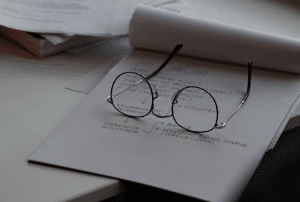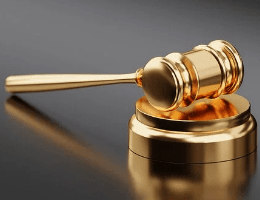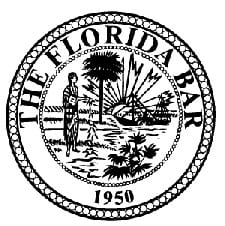How to Stand Your Ground After an Injury and Fight for Your Compensation

Accidents can happen unexpectedly even when we are as careful as possible. Not everyone is cautious to avoid accidents as they assume this only happens to other people. You may find yourself in a situation where you are a victim of someone else’s negligence, which may result in injury to your person. If you find yourself in this situation, you may be entitled to claim compensation. However, this can be a very long and complicated process.
Many victims in these circumstances opt to leave the claim and continue living their life, particularly if the injury they suffered is minor, due to the difficulties they face with claiming compensation. This money is there to compensate for being a victim and to support your recovery, therefore you should fight for it until you get what you deserve. In this article, we will advise you on how to stand your ground after an injury and fight for your compensation.
Understand What Is Covered in Your Case
Personal injury cases can be complex. There is a lot of information that is required and your case may have to meet certain criteria for you to get compensation. The best way to stand your ground in these cases is to have an understanding of it. This does not mean you have to become an expert in personal injury law, but knowing the fundamentals can only be beneficial.
Know What Type of Compensation You Can Get
The responsible party or insurance company may agree on compensation that you can receive. However, this may not always be the amount you deserve. If you are not sure of what compensation is or how much money you should be getting, you may be paid less than you warrant. The amount you receive will depend on the injuries you have suffered, although sometimes these injuries can be personal as well as physical. You should know that property damage is rarely covered in personal injury cases, therefore you should not take this into account for your settlement.
Legal Support May Be Essential
Fighting for compensation may require you to hire an attorney. There are many legalities and procedures involved in personal injury cases, and if the other party is denying responsibility, the case may end up in court.
As you can imagine, courts and tribunals can be extremely intimidating places for someone who is not familiar with this environment. You may find it beneficial to consult and hire a lawyer to support you. The legal mavens behind Demas Law Group suggest that legal professionals know the laws well enough to fight for your compensation and get you the settlement you deserve. It may be costly to put this support in place, but this will ensure a positive outcome for your case.
Be Mindful of Time Limits
Understandably, being involved in an accident is a very difficult and emotional situation. Fighting for compensation may be the last thing on your mind. However, we should note that there may be time limits for you to deal with personal injury cases. For example, if you have suffered an injury, you should not wait ten years before you pursue the case. This will vary across different areas, but usually, you should take action within three years of realizing someone has caused you harm. This is something that you can discuss with a professional attorney.
Evidence Required
You cannot simply fight for compensation if there is no evidence. It is highly unlikely you will get any money if you cannot prove that your injuries happened due to someone else’s negligence. Make sure to find out what evidence you need and put this together. The more evidence, the better! Things you can use to build and support your case include medical records, photos taken from the scene of the accident, witness statements, and any records from the police if this was reported to them.
Liability Needs to Be Proved
One of the biggest challenges in personal injury cases occurs when two parties dispute over who is at fault. Even if this is clear, the other party may not be willing to admit responsibility. This is why it is crucial that you gather all the information necessary (as discussed above) to build a strong case in your favor. Proving liability can be complex and all evidence will have to be examined carefully.
If you are a victim of an accident that was not your fault, you may be entitled to claim financial compensation. Do not let a few challenges get in the way of getting what you deserve and follow the tips above to stand your ground and fight for your compensation.






